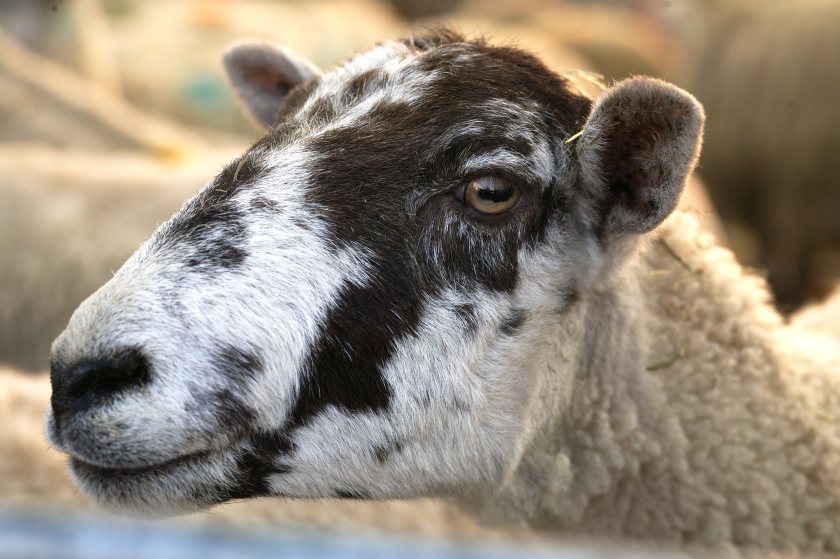
New research has revealed the large extent of suboptimal vaccination practice in the UK sheep industry and the impact of the lack of awareness of training for farmers.
The research by the Royal Veterinary College also identified the barriers farmers face accessing training, in turn providing information to help guide education of vaccination technique.
The prevalence of suboptimal technique was widely unknown in the industry, resulting in less effective vaccinations and potential harm to animal welfare, including injection site lesions.
The RVC research team sent out an online survey to UK sheep farmers, asking about their vaccination technique and storage, which was studied in relation to training.
From the 370 respondents, the survey found that only 26% of participants correctly identified the correct location for subcutaneous (under the skin), 38% for intra-dermal (into the skin) and over just 7% for intramuscular (into the muscle) vaccination administration.
The study also revealed that just 45.5% of respondents stored vaccines in a fridge specific to veterinary medicines, 34% used a temperature logger and 6% undertook daily fridge temperature checks.
In addition, 45.5% of respondents kept vaccines 48 hours or longer after first use and 11% kept them until the next time they planned to vaccinate.
Incorrectly stored and broached vaccines may result in ineffective vaccination of sheep. Vaccine procedures are implemented based on farm disease risk so consequentially animal welfare may be inadvertently compromised.
Additional key findings include that nearly 67% of farmers buy their vaccines from an agricultural merchant while 29% purchase them from their vet.
Only 10% of farmers learnt how to vaccinate from their farm merchant, 48% from their vet and just over 44% from an associate – indicating a key gap and opportunity to improve practice through training.
And under half (44%) of farmers received training in vaccinations, but this was due more to barriers than a reluctance to training, with 84% of respondents stating they would consider attending a course in person or online to improve their knowledge of the safe use of medicines.
Dr Nicola Blackie, senior lecturer in production animal science at the RVC, said: “Suboptimal vaccination technique is not due to unwillingness to attend training but more needs to be done to promote and reach the farmers.
“There is evidence that suboptimal vaccination technique is potentially occurring on UK sheep farms. For all injection types, a wide range of vaccination locations were indicated and a majority improperly administered or stored vaccines.”
The study calls for more consistent messages on vaccination technique and streamlining of training within the industry.
The research also highlights a need for more options for vaccination training to be clearly available to farmers.
